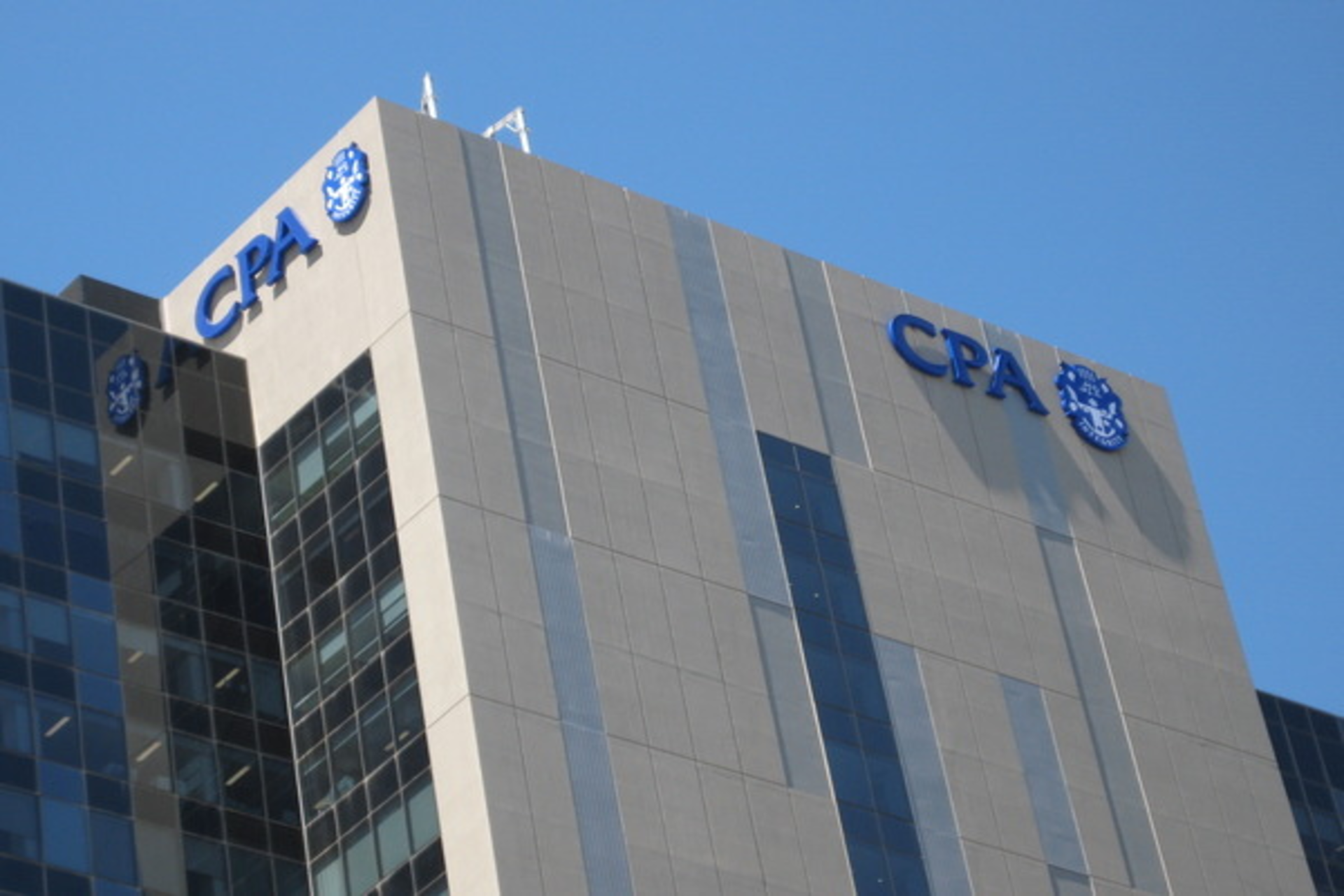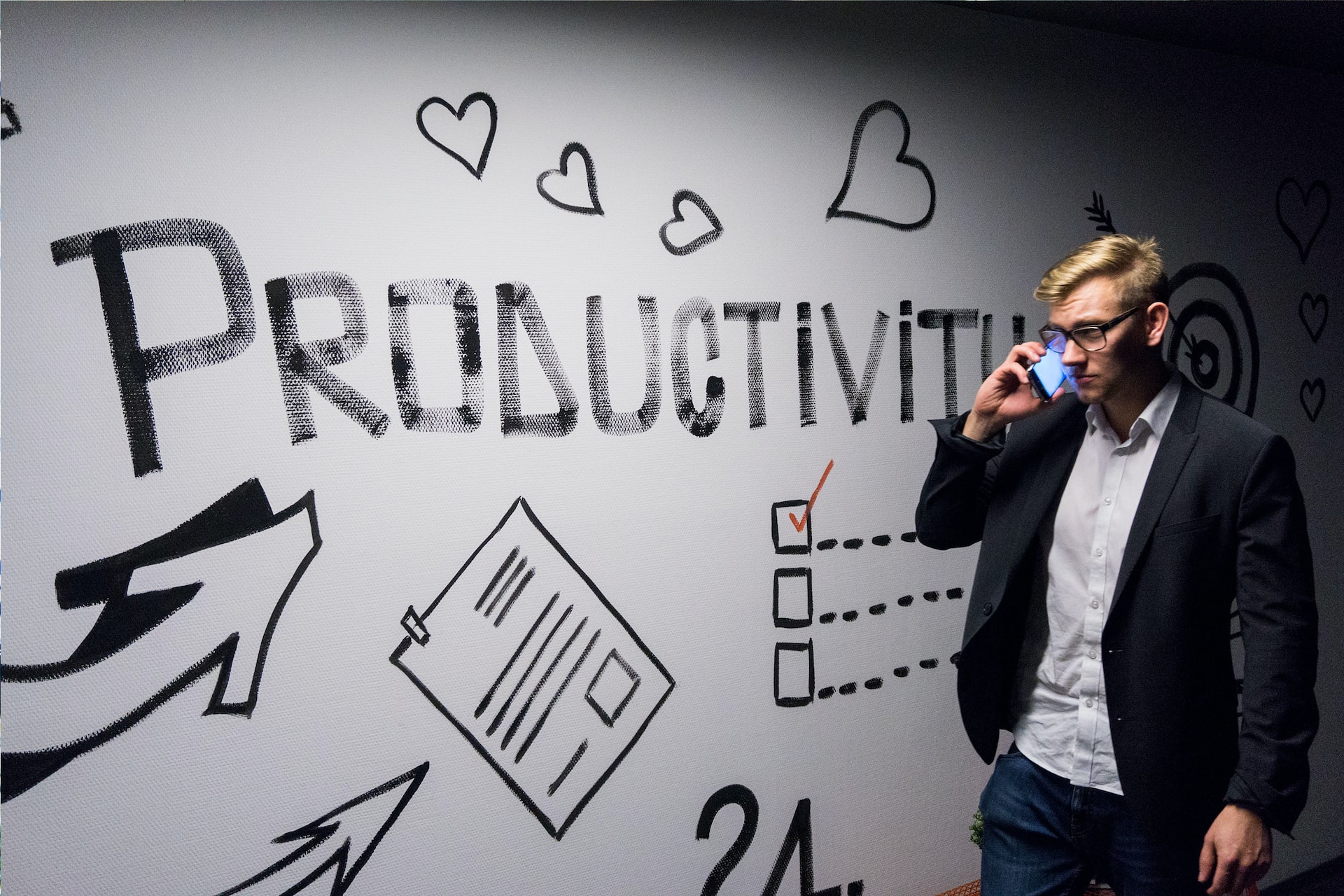How I achieved High Distinctions for the CPA Program
 Photo Credit: CPA Australia HQ, 28 Freshwater Place Southbank VIC 3006
Photo Credit: CPA Australia HQ, 28 Freshwater Place Southbank VIC 3006The CPA Program is the academic component one must obtain before advancing to the CPA status. The program equips candidates with knowledge of contemporary business/ accounting/ finance theories and tools to address daily challenges at work. It spans a wide range of topics so. There is some content more relevant than others. There are six subjects to complete: 4 Compulsory and 2 Elective (from a pool of 10). For the record, I studied Financial Reporting, Strategic Management Accounting, Ethics and Governance, Global Strategy and Leadership as the Compulsory subjects and Financial Risk Management and Contemporary Business Issues as Electives.
The difficulty of the subjects in the CPA program is on par with subjects in a Master degree. Hence, it requires dedication to achieve a high score. The pass rate is 70%, on average, but less than 10% of students achieve High Distinction in every subject. Trust me. I did my MBA. I managed to gain 5 High Distinctions and 1 Distinction in Financial Reporting.
I want to share the strategy I employed in the last two and a half years so that aspiring students can prepare themselves better and hopefully achieve a straight 6 HDs.
The Mindset
To achieve HDs, you must first have the mindset of an HD student. Many candidates want a Pass so they can move on with their life. That is fine. However, they miss the chance to build a solid foundation, to progress further in their career. For instance, one must go beyond the number-crunching to become a Finance Business Partner. They must actively engage with the business on strategic directions, performance measurement, assessing risks, governance, market analysis and many more. The knowledge related to these aspects is taught across the subjects in the CPA program. Since learning about Strategic Management Accounting and Global Strategy and Leadership, I have widened my focus at work. I not only look at costing and forecasting, but I also steer my clients to look at performance measurement of new strategic initiatives and assess the target market before launching a product. These actions will help with benchmarking results later on and ensure the business offers customers the right product. I can feel the extra values created at work, which certainly lines me up with the next promotion.
When studying for the CPA program, you may find it challenging sometimes, but remember, “it is not what you do but why you do it” - Simon Sinek. You study to enhance your capabilities, solve business challenges, and make this world better.
 Photo Credit: Andreas Klassen @ Unsplash
Photo Credit: Andreas Klassen @ UnsplashYou now have the right mindset. Where to start next? The answer is creating a study plan and sticking to it. Consistency is king in this case.
I started by watching the guided learning videos, reading the textbooks, and creating the first draft notes for each module in every subject. The video recordings summarised the main points I needed to be aware of. The textbooks expanded on those points with examples, charts, and case studies. The notes consolidated the core knowledge. I used my favourite tool, Excel, to develop the notes, with three columns for the concepts, explanations/examples and textbook page references. I then applied them to answer questions within the modules. I was on the right track if I could respond to most of the questions solely with the notes. I reviewed the textbooks and guided learning materials when necessary.
I spent an hour and a half every day studying. However, I started very early, right after the previous unit ended. After studying Financial Reporting, I realised cramming in two months would not work to achieve outstanding results. I had other commitments that I must attend to as well. Thus, I stretched out the study periods. This method reduced the stress during the semesters, especially when I fell behind the planned schedule. I knew I still had time to catch up without sacrificing sleep and social life. As a result, I averaged two weeks for each module in a subject.
 Photo Credit: Paico Oficial @ Unsplash
Photo Credit: Paico Oficial @ UnsplashDifferent people have different strategies regarding note-taking. I want to emphasise two crucial aspects.
Firstly, you must make the notes by yourself. You can use others’ works as references, but you have to create your own version. Only by developing notes can you distil the knowledge effectively, recalling it much longer and faster during exams. Remember, studying in the CPA program is more than passing exams. It builds the foundation for your career.
Secondly, the notes need to be comprehensive enough, so opening the textbook is redundant. The books usually go above and beyond when explaining concepts, which is necessary for understanding. However, this also means it takes time to pinpoint the information you are looking for during stressful exams when time is precious. At the end of the semesters, when the practice exams are available, they are the ultimate tests for the notes. The practice exams have a similar question structure to the real deal. Hence, if you can get the desired result with your notes, you can do the same in the exams.
 Photo Credit: Scott Graham @ Unsplash
Photo Credit: Scott Graham @ Unsplash